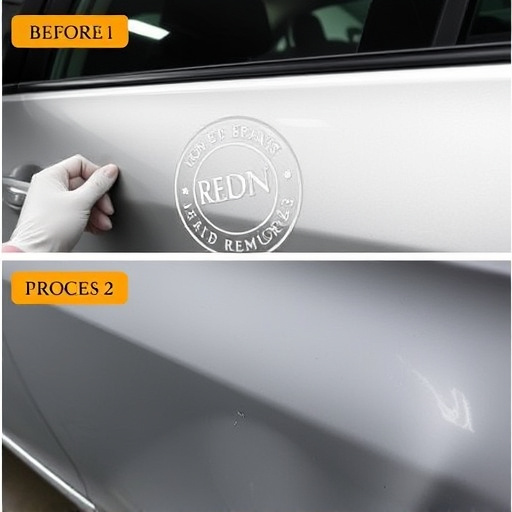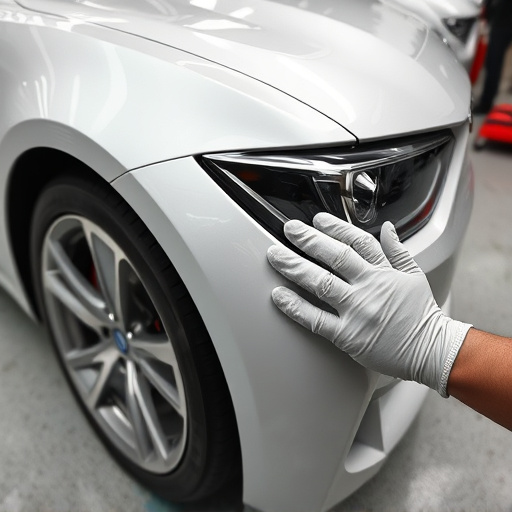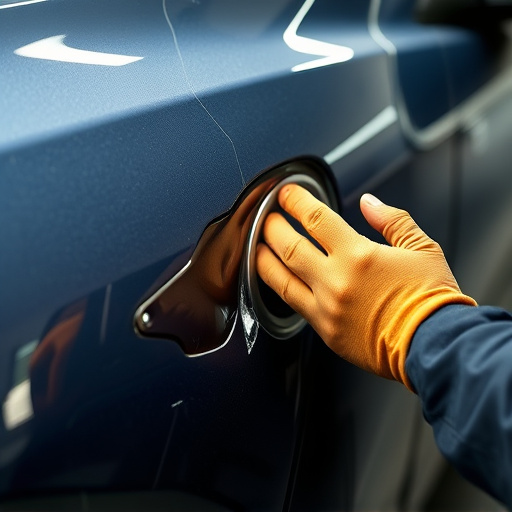Boost Mobile PDR Service Visibility with Local Tactics & Tech

Local listings and SEO are key for mobile PDR services to boost visibility and attract customers. Op…….
Welcome to an in-depth exploration of the transformative world of Mobile PDR (Personal Digital Representative) Services. In today’s rapidly digitizing age, where technology bridges gaps and connects people across distances, mobile PDR services have emerged as a game-changer in personal digital assistance. This article aims to provide a comprehensive guide, delving into various facets of this innovative concept, its global impact, and the potential it holds for shaping the future of digital accessibility. By the end, readers will grasp why mobile PDR services are not just a trend but a necessary evolution in our increasingly digital society.
Definition: Mobile PDR service, at its core, is a digital representation and support system that enables individuals to access personalized assistance through mobile devices. It acts as a virtual companion, offering a range of services tailored to individual needs, from simple task management to complex health and wellness support.
Key Components:
Personalized Digital Assistant: This is the heart of the service, an AI-powered or human-based representative accessible via mobile apps or SMS. They provide real-time assistance, answer queries, and facilitate various tasks.
Mobile Application (App): A user-friendly app serves as the primary interface for users to interact with their PDR. It allows users to request services, track progress, and manage preferences.
Task Management: Mobile PDRs can assist with daily tasks like scheduling appointments, ordering groceries, booking travel, or even managing financial affairs, ensuring a more efficient and convenient life.
Health and Wellness Support: From reminding users to take medication to providing mental health counseling, these services cater to various health-related needs, promoting proactive wellness management.
Historical Context: The concept of mobile PDR services evolved from the growing demand for personalized digital assistance and the limitations of traditional customer service models. Early attempts included virtual assistants on smartphones, but the recent boom in AI technology and improved internet accessibility has propelled this idea into a viable reality. Today, it is reshaping how individuals interact with technology and receive support.
International Influence: Mobile PDR services have left an indelible mark across the globe, offering solutions to diverse challenges. In developed nations, they enhance digital accessibility for the elderly and those with disabilities, while in developing regions, they bridge the digital divide by providing essential services to remote communities.
Regional Trends:
| Region | Trends |
|---|---|
| North America | High adoption rates due to advanced technology infrastructure and a culture of convenience. Focus on AI-driven personal assistants and health-related apps. |
| Europe | Emphasis on data privacy and security. Integration with existing healthcare systems for comprehensive wellness solutions. |
| Asia Pacific | Rapid growth driven by high smartphone penetration and a tech-savvy population. Innovative uses in education and remote work assistance. |
| Middle East & Africa | Utilized to address unique challenges like extreme weather conditions and limited access to services, offering emergency response and basic needs support. |
Impact on Local Economies: These services stimulate economic growth by creating new job opportunities, promoting digital literacy, and fostering e-commerce development. They also contribute to improved productivity and quality of life for users, leading to increased participation in the digital economy.
Market Dynamics: The global mobile PDR service market is projected to grow significantly, driven by increasing internet penetration, aging populations, and a growing demand for personalized services. According to a recent report, the market size is expected to reach USD 52.8 billion by 2027, showcasing its immense potential.
Investment Patterns: Major tech companies and startups are investing heavily in mobile PDR technologies, leading to innovative solutions. This includes acquisitions, partnerships, and venture capital funding for AI development, natural language processing (NLP), and seamless integration with existing digital infrastructure.
Economic Impact:
AI Integration: Artificial Intelligence is at the forefront of mobile PDR services’ evolution. Natural Language Processing (NLP) enables natural language interactions, while Machine Learning algorithms adapt to user preferences, providing more accurate and personalized assistance.
Voice Assistants: The rise of voice-enabled devices and virtual assistants has made mobile PDR services even more accessible. Users can now interact hands-free, making it ideal for individuals with limited mobility or multi-tasking scenarios.
Internet of Things (IoT) Integration: Linking PDRs to IoT devices allows for comprehensive home automation and health monitoring. For instance, a PDR can notify users about potential safety hazards in their smart homes or assist in managing connected medical devices.
Future Technologies:
Data Privacy and Security: With vast amounts of personal data being processed, robust data protection regulations are essential. GDPR in Europe sets a global standard for user consent, data collection, and storage. Other regions are following suit to safeguard user privacy.
Ethical Considerations: As PDRs may make decisions on users’ behalf, ethical guidelines must be established. This includes transparency in decision-making processes, user control over preferences, and ensuring fairness and non-discrimination in service delivery.
Legislative Frameworks: Governments worldwide are formulating policies to regulate mobile PDR services:
Technical Limitations: Despite advancements, technology still faces challenges, such as limited battery life, connectivity issues in remote areas, and the need for continuous software updates to improve performance.
User Acceptance: Educating users about the benefits of mobile PDR services is crucial. Privacy concerns, skepticism about AI capabilities, and the learning curve associated with new technologies may hinder adoption.
Accessibility Issues: Ensuring accessibility for individuals with disabilities requires dedicated efforts. Features like voice recognition, text-to-speech, and customizable interfaces must be seamlessly integrated to cater to diverse user needs.
Overcoming Challenges:
Case Study 1: Elderly Care in Japan
In Japan, a mobile PDR service was introduced to support elderly citizens living alone. AI-powered assistants provided daily check-ins, medication reminders, and emergency assistance. The program reduced hospital visits by 20% and improved overall quality of life for participants, showcasing the potential of mobile PDR in healthcare.
Case Study 2: Remote Education Assistance
A non-profit organization deployed mobile PDRs to support students in remote areas with limited access to education. These virtual tutors assisted with homework, provided language learning, and offered career guidance. The program increased student engagement and academic performance, highlighting the role of mobile PDR in bridging educational gaps.
Case Study 3: Corporate Wellness Program
A major tech company implemented a mobile PDR service as part of its employee wellness initiative. The PDRs offered personalized workout plans, nutrition advice, and mental health support. This led to improved employee satisfaction, reduced stress levels, and increased productivity, demonstrating the positive impact on corporate well-being.
Growth Areas:
Emerging Trends:
Strategic Considerations:
Mobile PDR services have emerged as a powerful force in digital accessibility and personal assistance, transcending geographical boundaries and empowering individuals with unprecedented support. From healthcare to education, remote work to everyday tasks, their impact is profound and far-reaching. As technology advances and regulations evolve, these services will continue to revolutionize how we interact with the digital world.
The future holds immense potential for mobile PDRs, offering opportunities to address global challenges, improve quality of life, and foster a more inclusive digital society. By embracing innovation, addressing technical and ethical considerations, and prioritizing user needs, mobile PDR services can become an integral part of our daily lives, shaping a future where accessibility and support are truly within reach for all.
Q: How do I choose the right mobile PDR service?
A: Consider factors like service offerings, user reviews, data security practices, and pricing plans. Compare different providers to find one that aligns with your specific needs and preferences.
Q: Can mobile PDRs replace human interaction?
A: While they can assist with many tasks, mobile PDRs are designed to complement human interactions, not replace them entirely. For complex emotional support or specialized care, human professionals remain essential.
Q: What happens if my personal data is compromised by a mobile PDR service?
A: Reputable services prioritize data security and privacy. They employ encryption, secure storage, and regular audits to protect user data. In the unlikely event of a breach, they should have protocols in place to notify users and mitigate risks.
Q: How can I ensure my PDR assistant is unbiased and ethical?
A: Reputable service providers implement ethical guidelines and diversity training for their AI models and human representatives to prevent bias. Regular monitoring and user feedback loops help maintain fair and inclusive practices.
Q: Are mobile PDR services only for the elderly or disabled?
A: Absolutely not! These services cater to a wide range of users, including busy professionals, students, and anyone seeking personalized assistance. They can adapt to diverse needs, making digital life more manageable for all.

Local listings and SEO are key for mobile PDR services to boost visibility and attract customers. Op…….

Shop-based PDR offers precise repairs and transparency, while mobile PDR services provide flexibilit…….

Mobile PDR services are revolutionizing the automotive industry by reducing carbon emissions through…….

Mobile Paintless Dent Repair (PDR) services revolutionize auto care by offering convenient, high-qua…….

Mobile PDR service technicians boost dealership efficiency by providing on-site repairs, offering qu…….

Mobile PDR services revolutionize auto repair by offering convenient, on-site dent removal and repai…….

Mobile PDR services revolutionize auto repairs by bringing specialized care directly to car owners,…….

Mobile PDR service technicians revolutionize dealership repairs by offering on-site collision repair…….